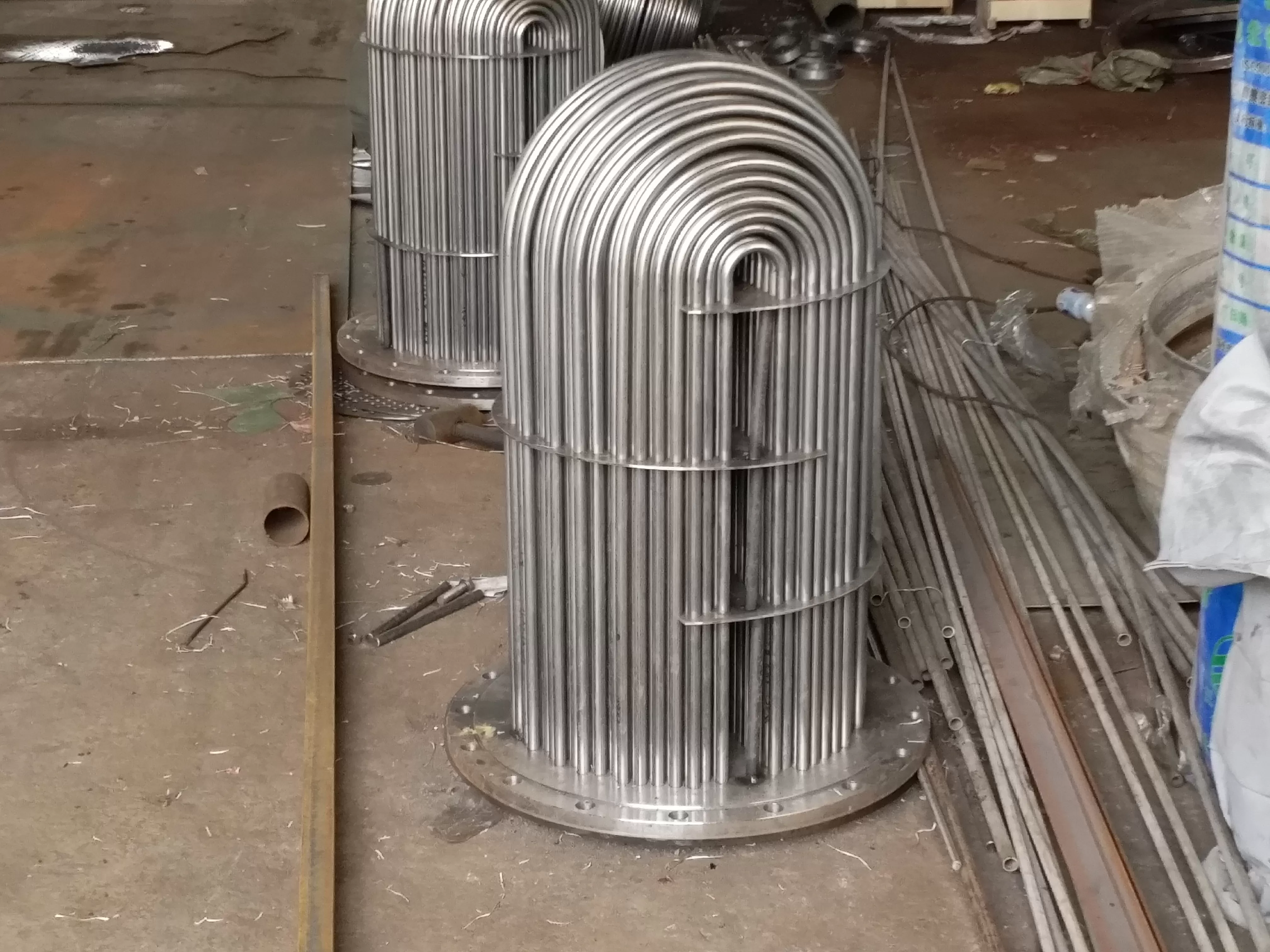
The steam seal heater adopts a horizontal U-shaped surface heat exchan...
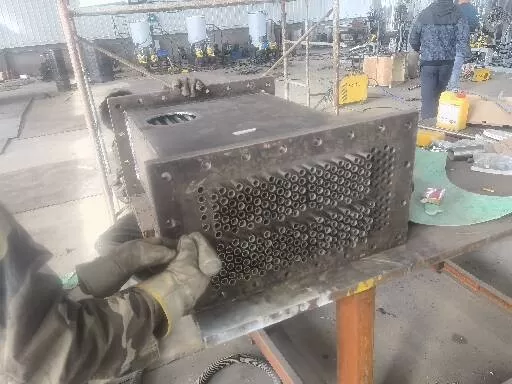
The steam seal cooler generally adopts a horizontal U-shaped surface h...
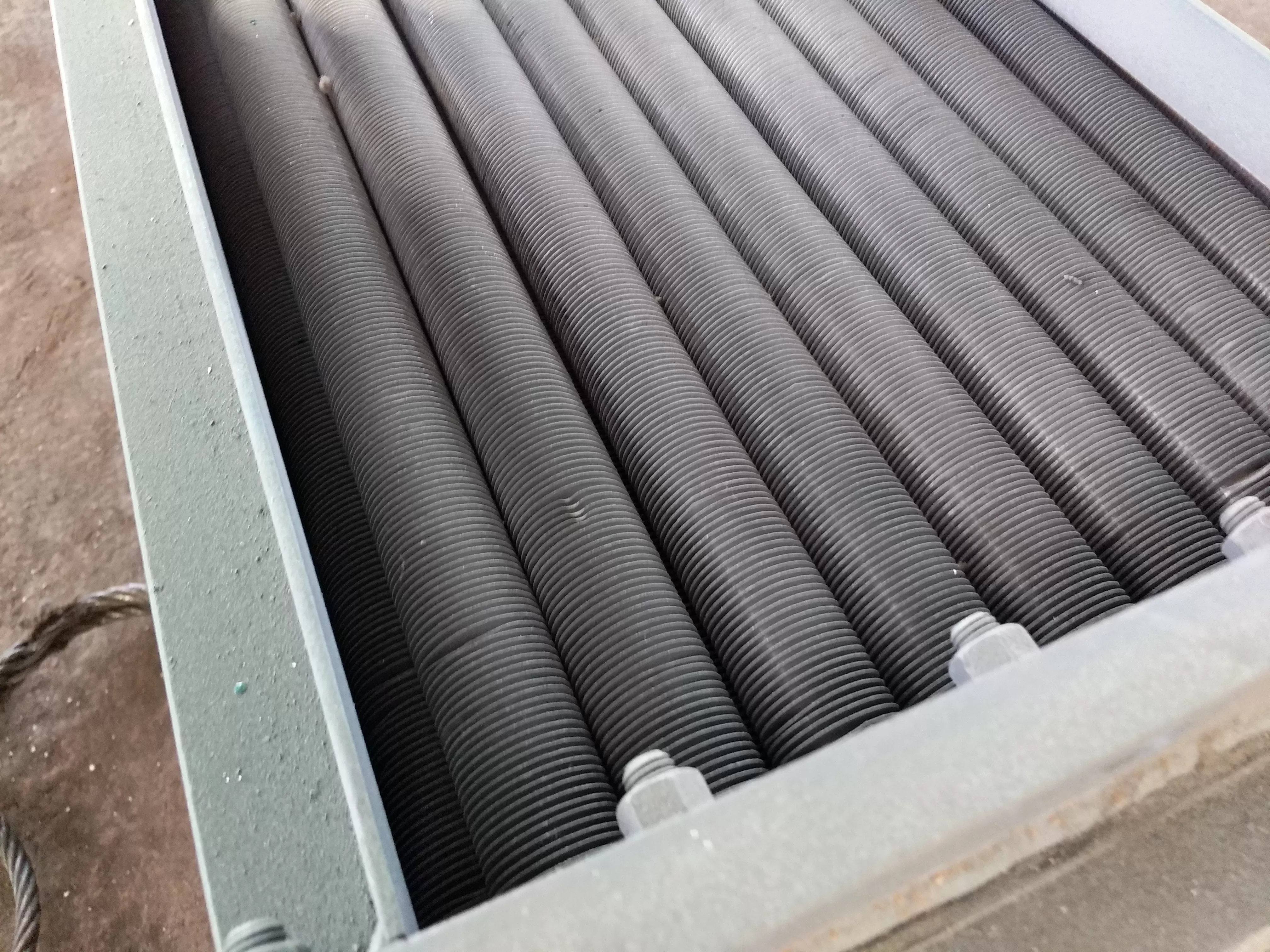
The air cooler adopts finned tube material, single metal finned tube a...
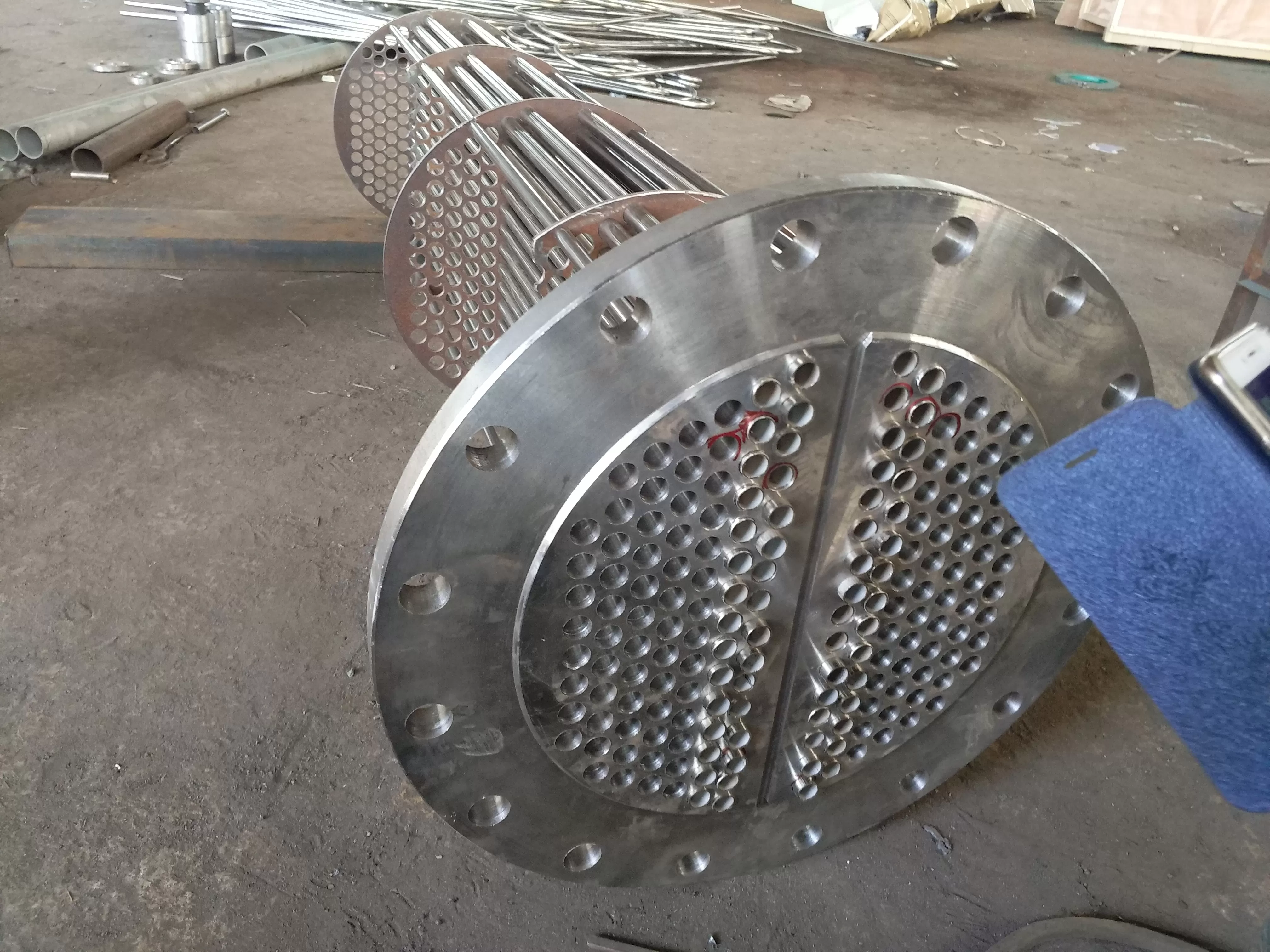
The waste heat recovery device, also known as the energy collector and...
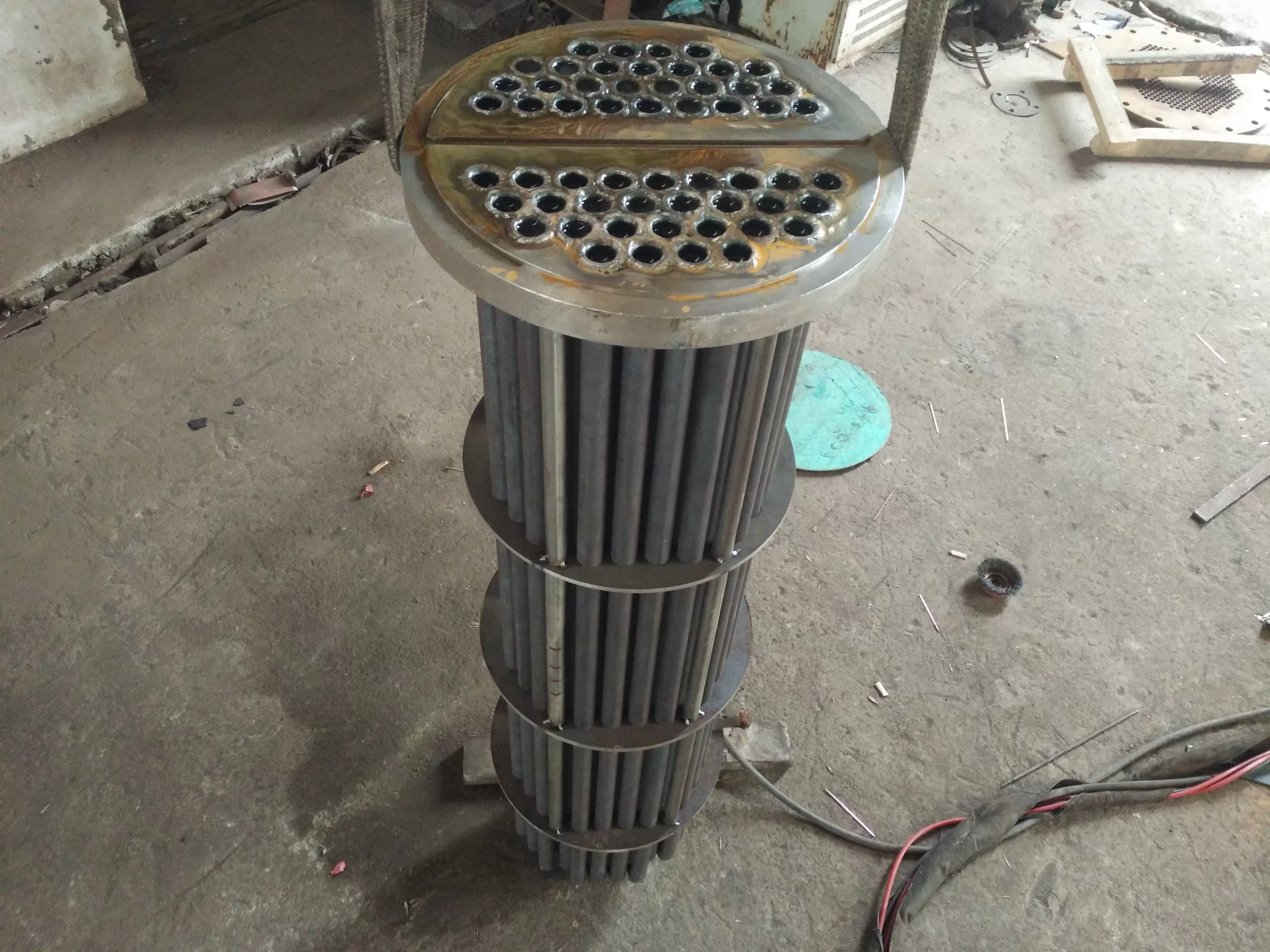
The U-shaped tube is used as a cooling tube for heat exchange tubes, a...
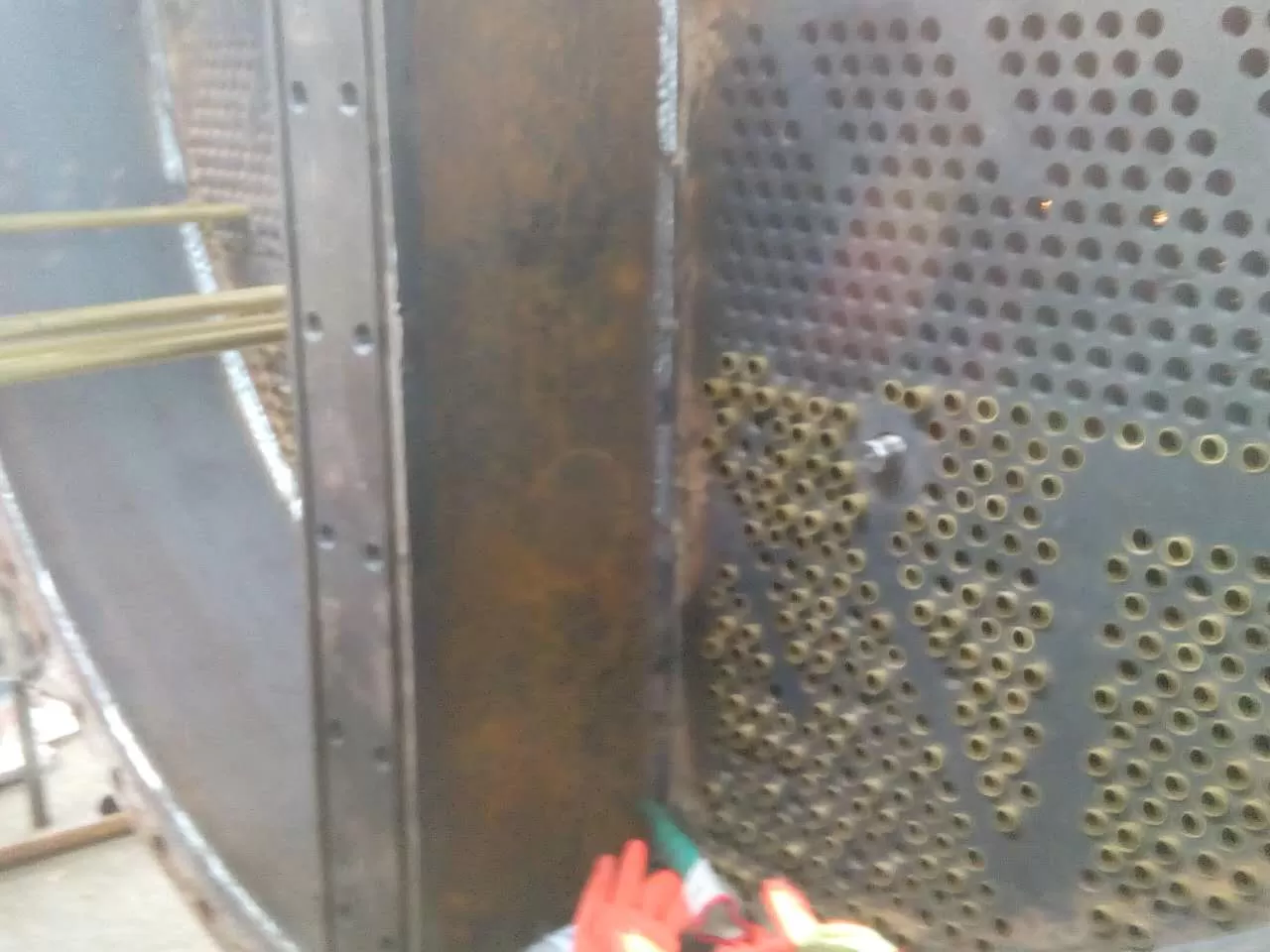
Overview of condenser tube replacement and condenser stainless steel t...
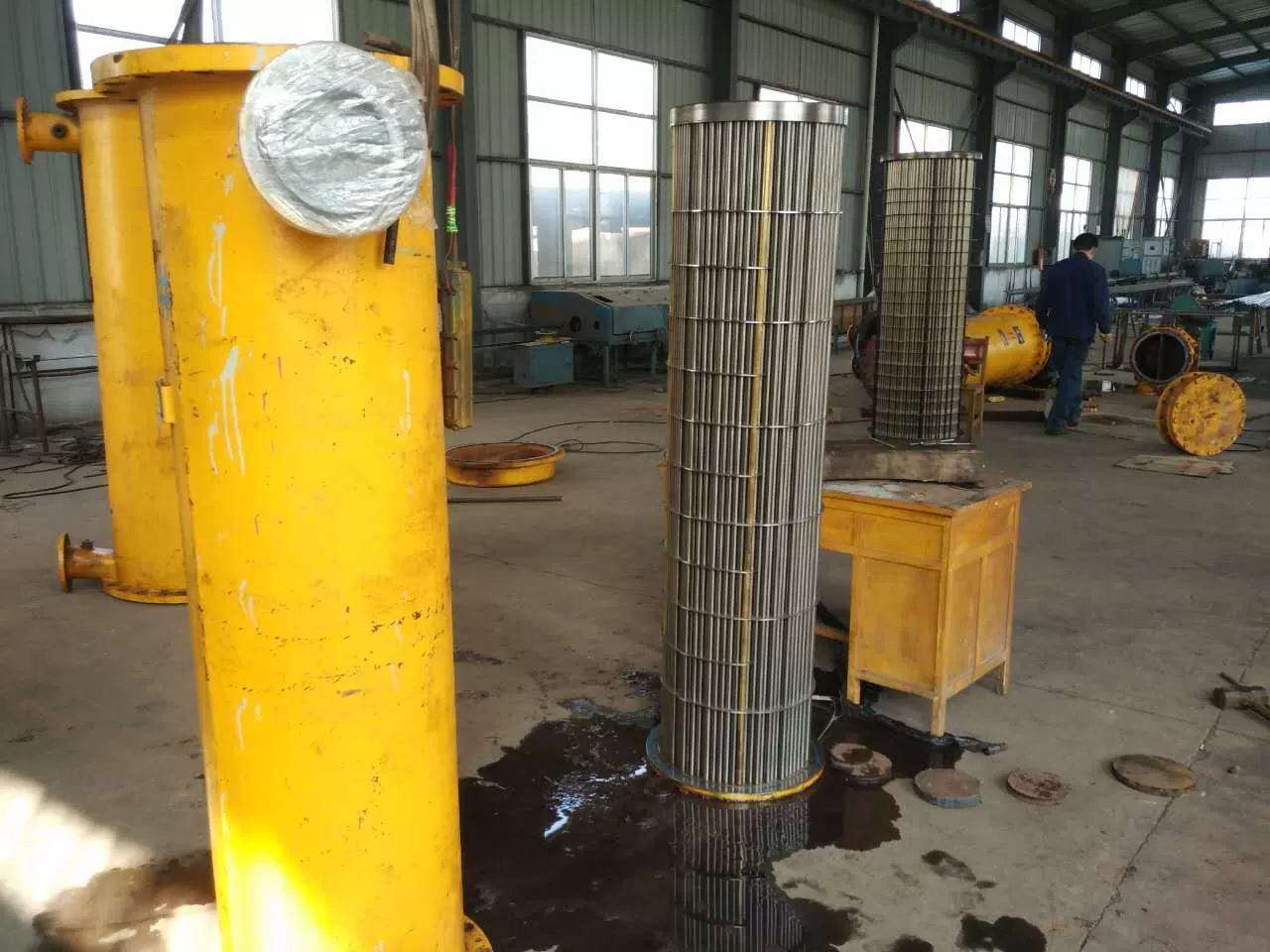
Welded steel pipes (also known as slotted pipes and welded pipes) are ...
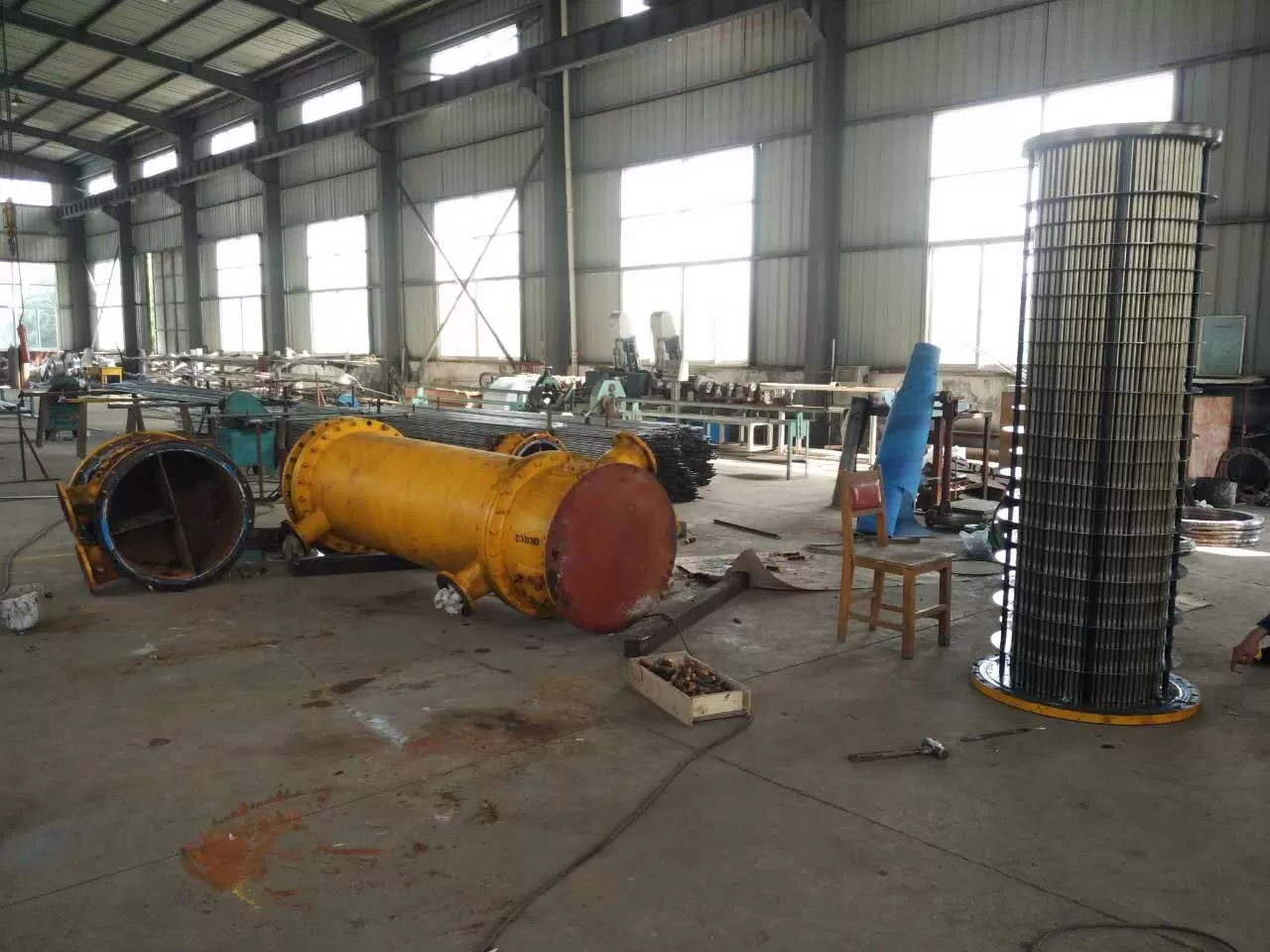
Welded steel pipes (also known as slotted pipes and welded pipes) are ...
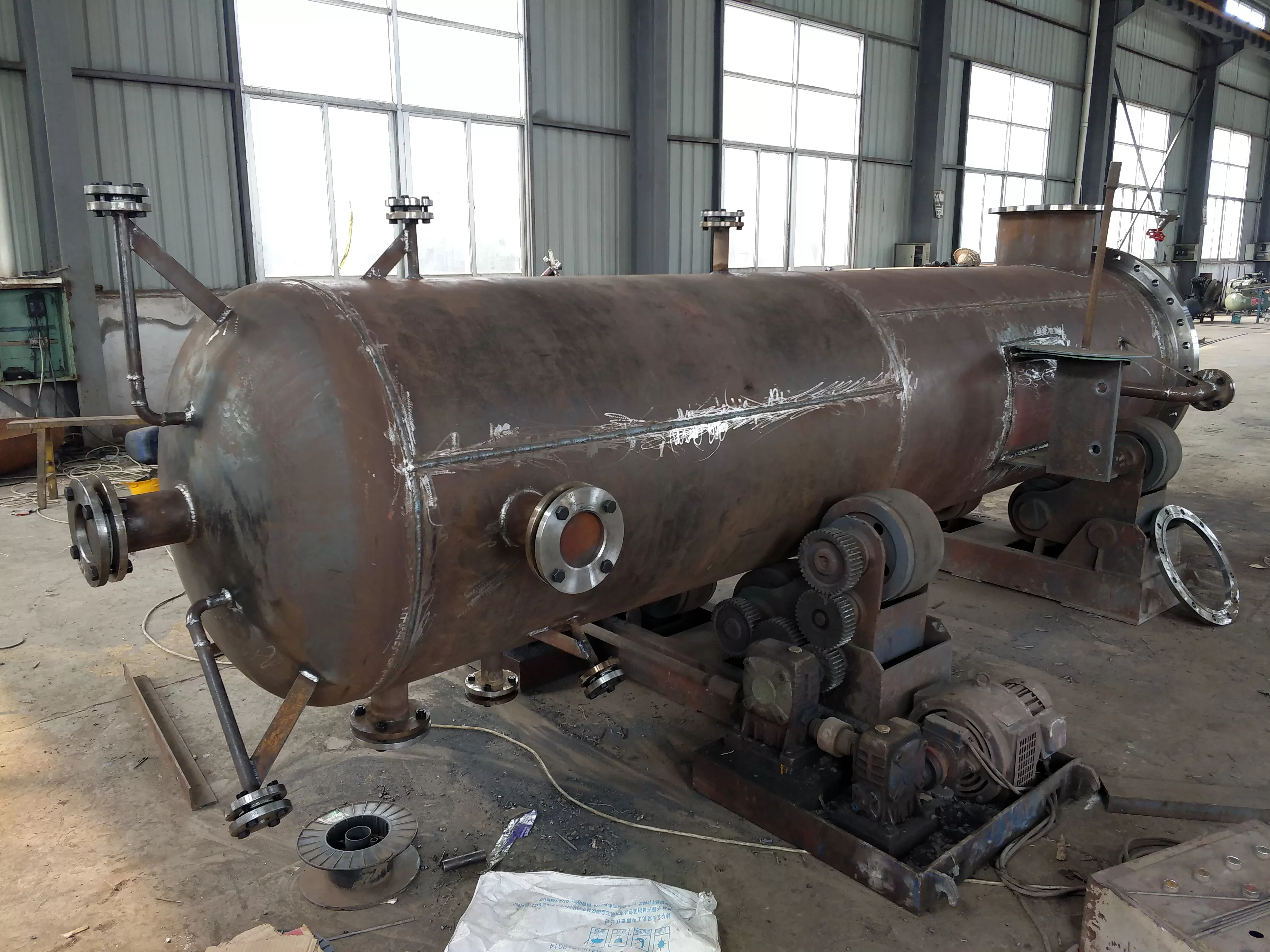
Manufacturer of shaft seal heaters, also undertaking pipe replacement ...
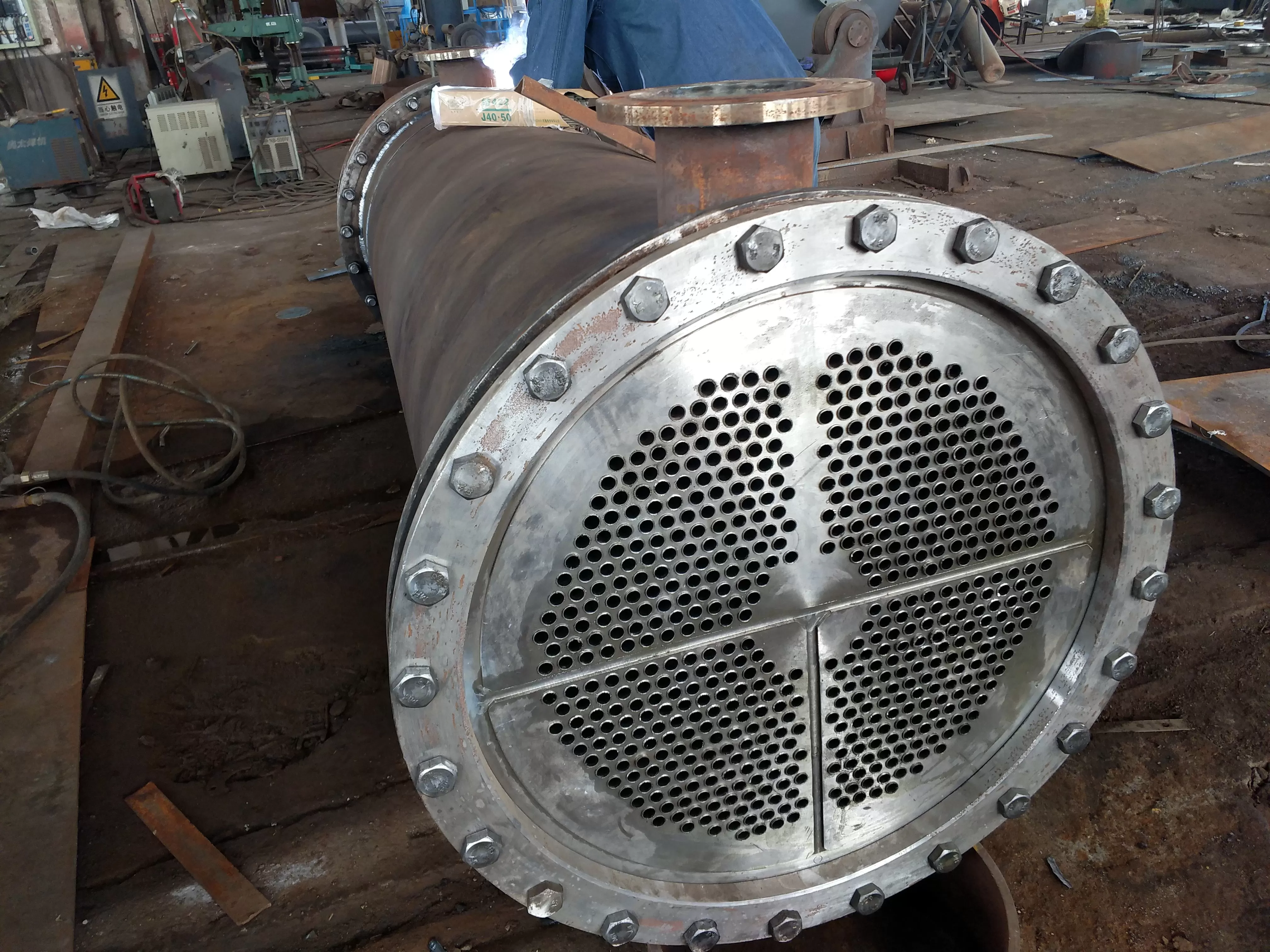
Welded steel pipes (also known as slotted pipes and welded pipes) are ...
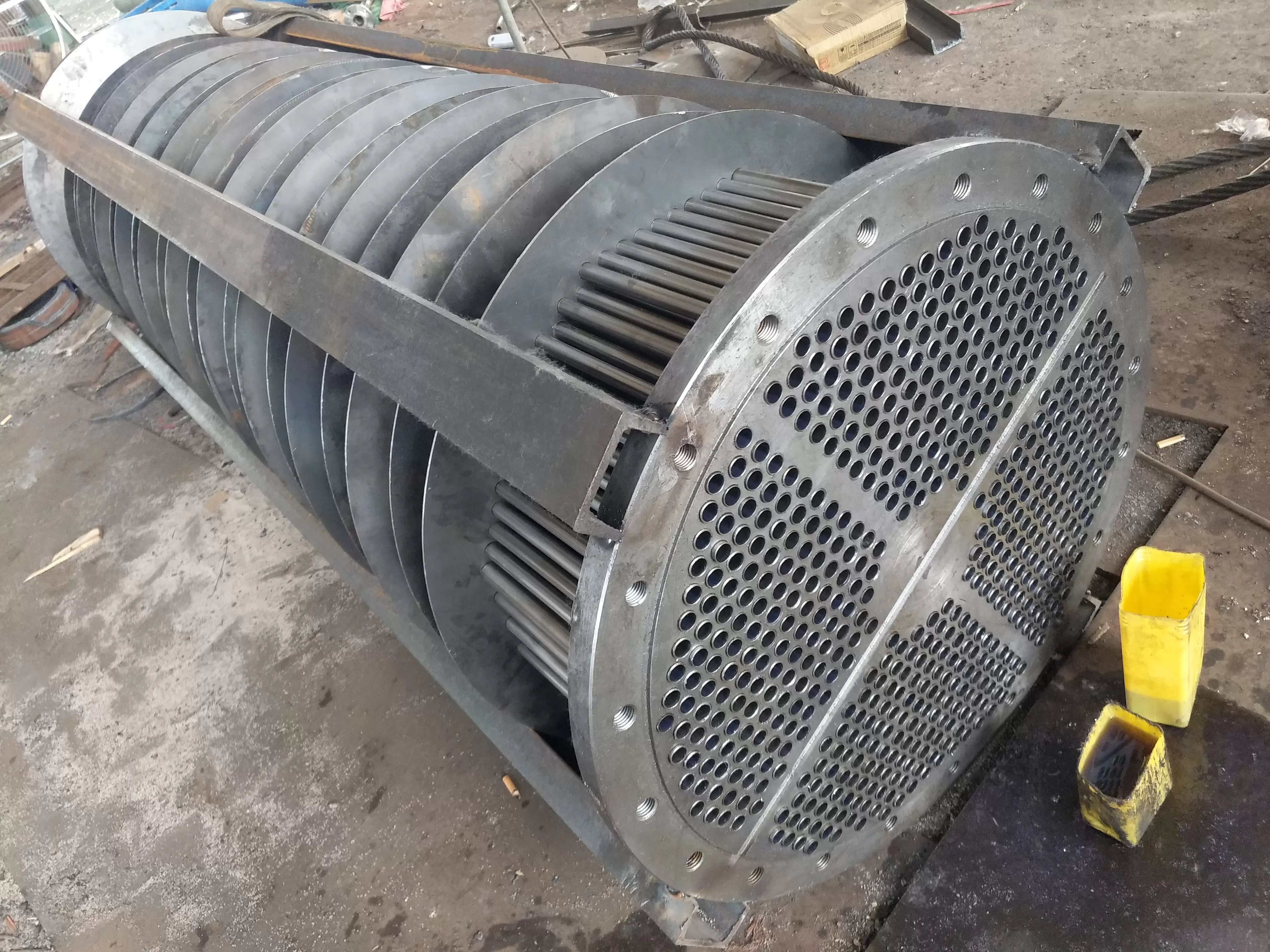
Steam turbine oil-water cooler pipe replacement, marine oil-water cool...
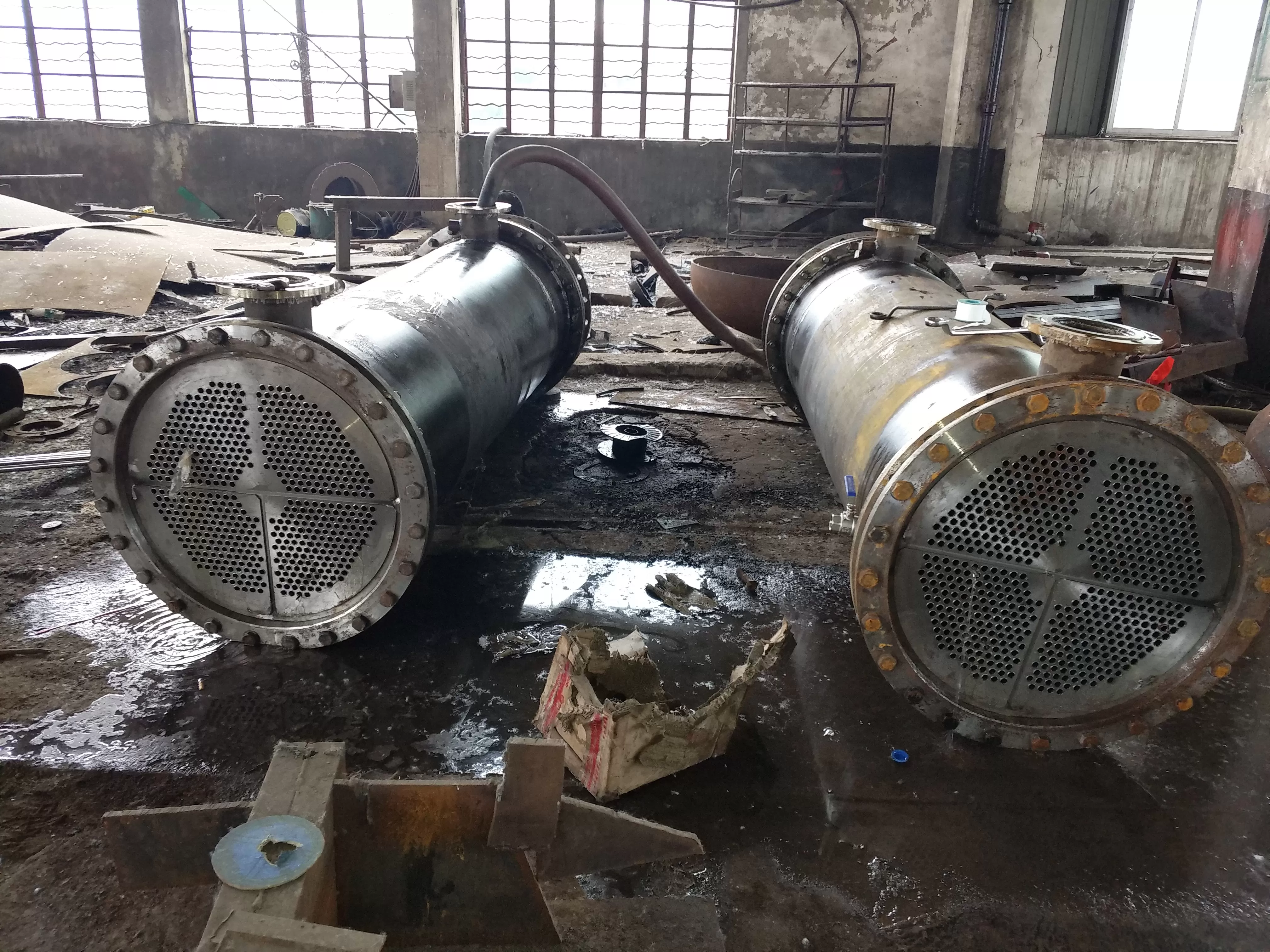
When purchasing a column type oil cooler for tube and core replacement...
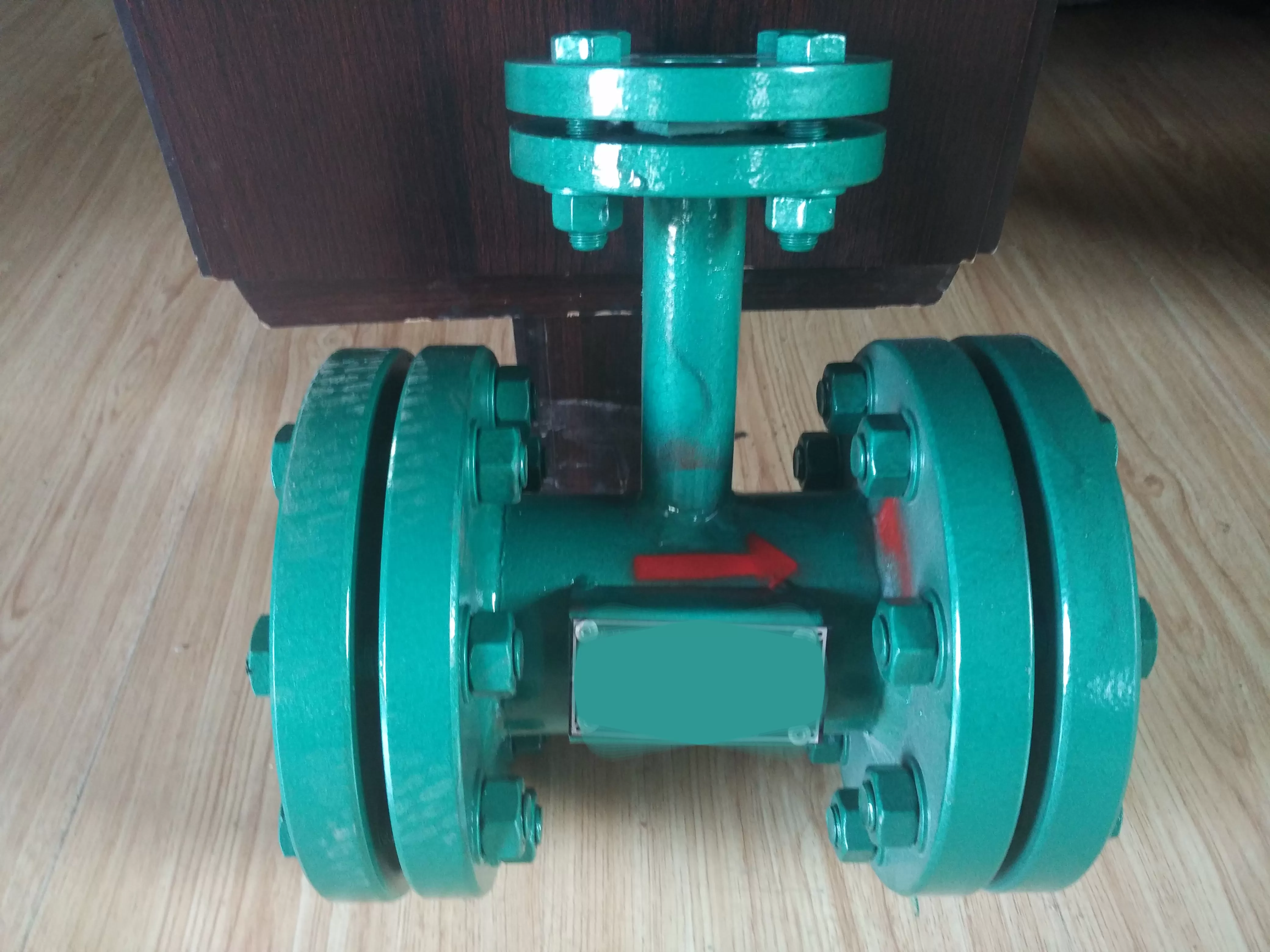
The automatic steam liquid two-phase flow steam trap, also known as th...
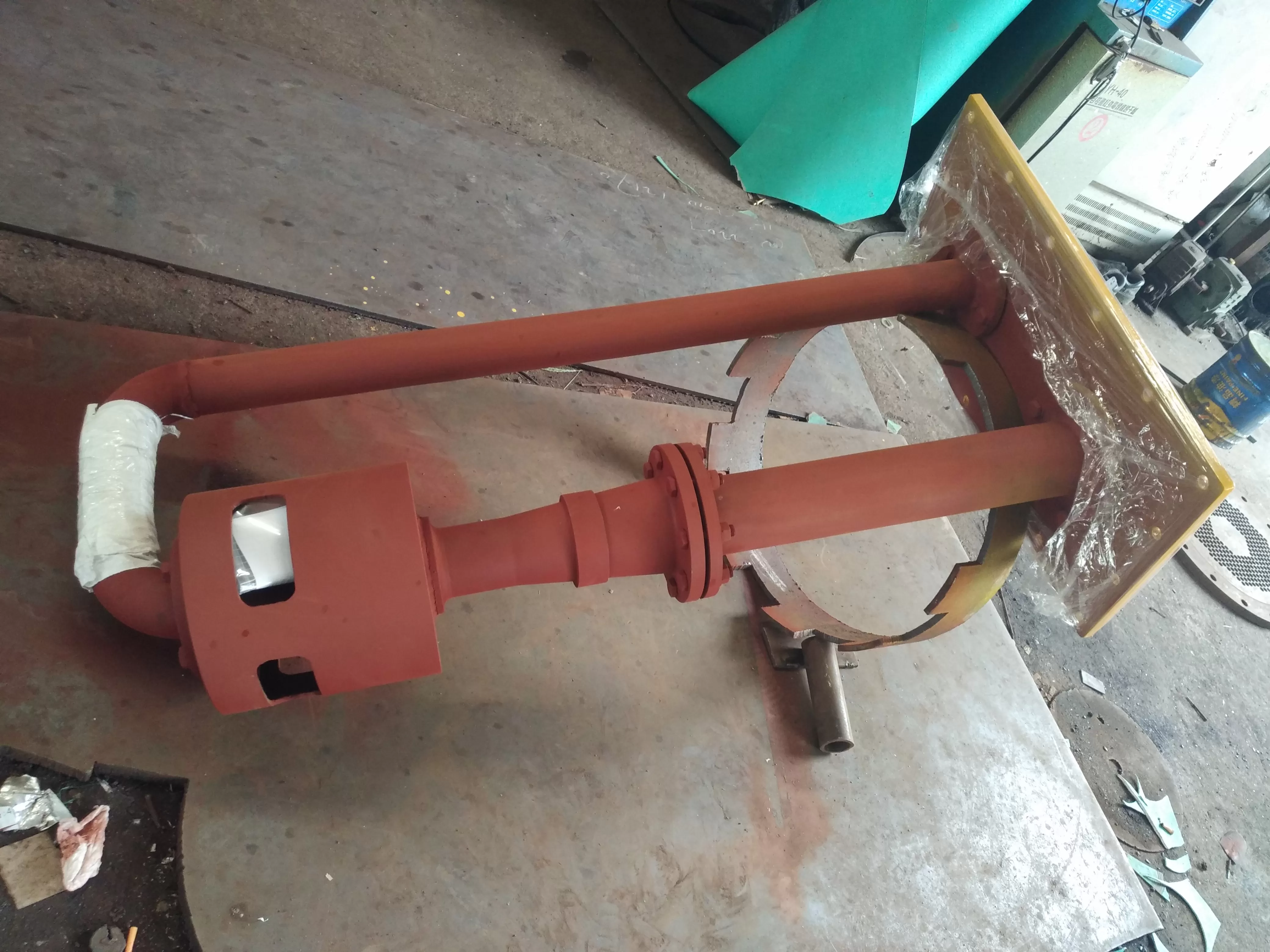
The oil injectors produced by Lianyungang Lingdong Electromechanical E...
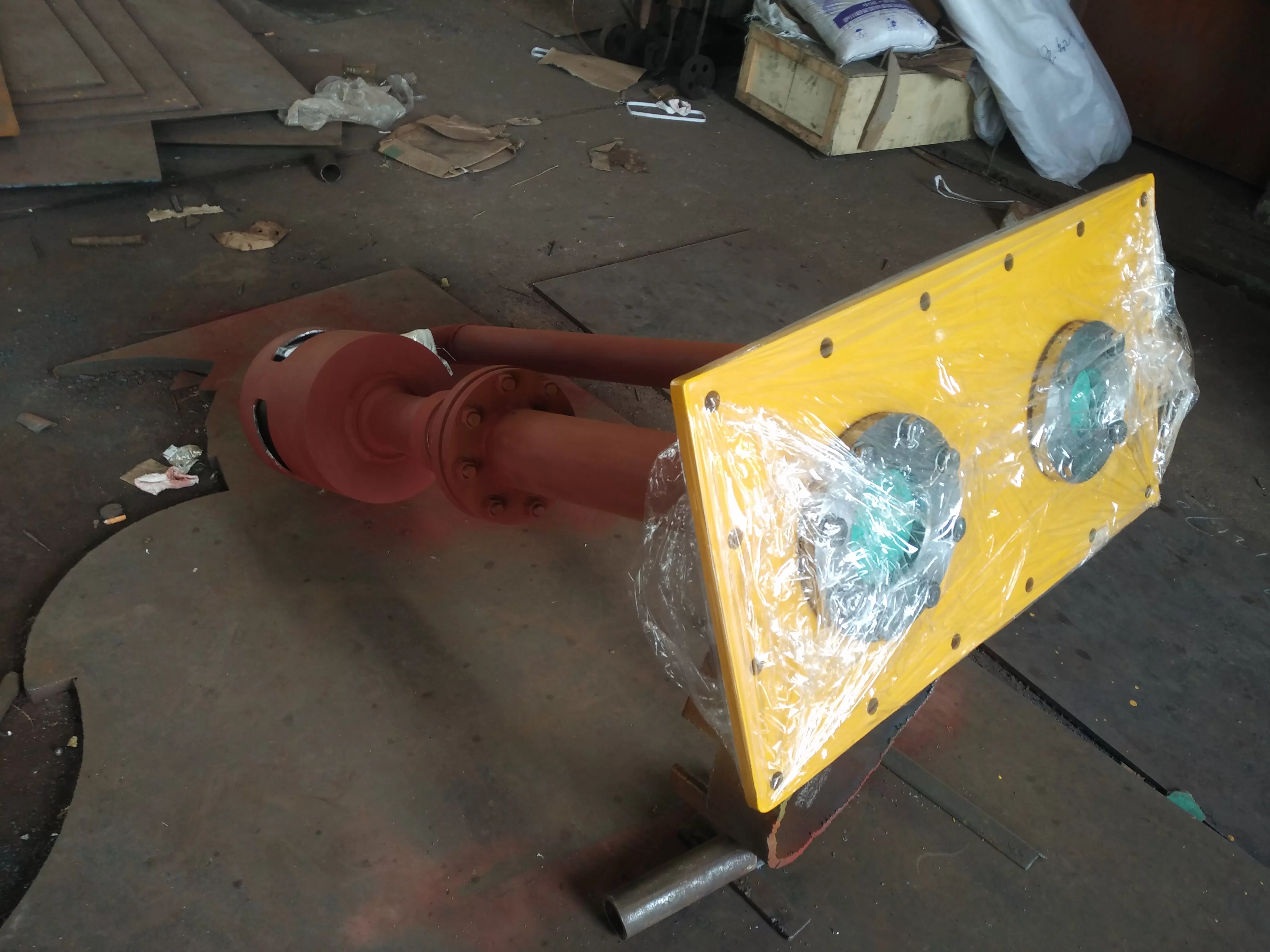
The oil injector is composed of a nozzle, a filter screen, an expansio...
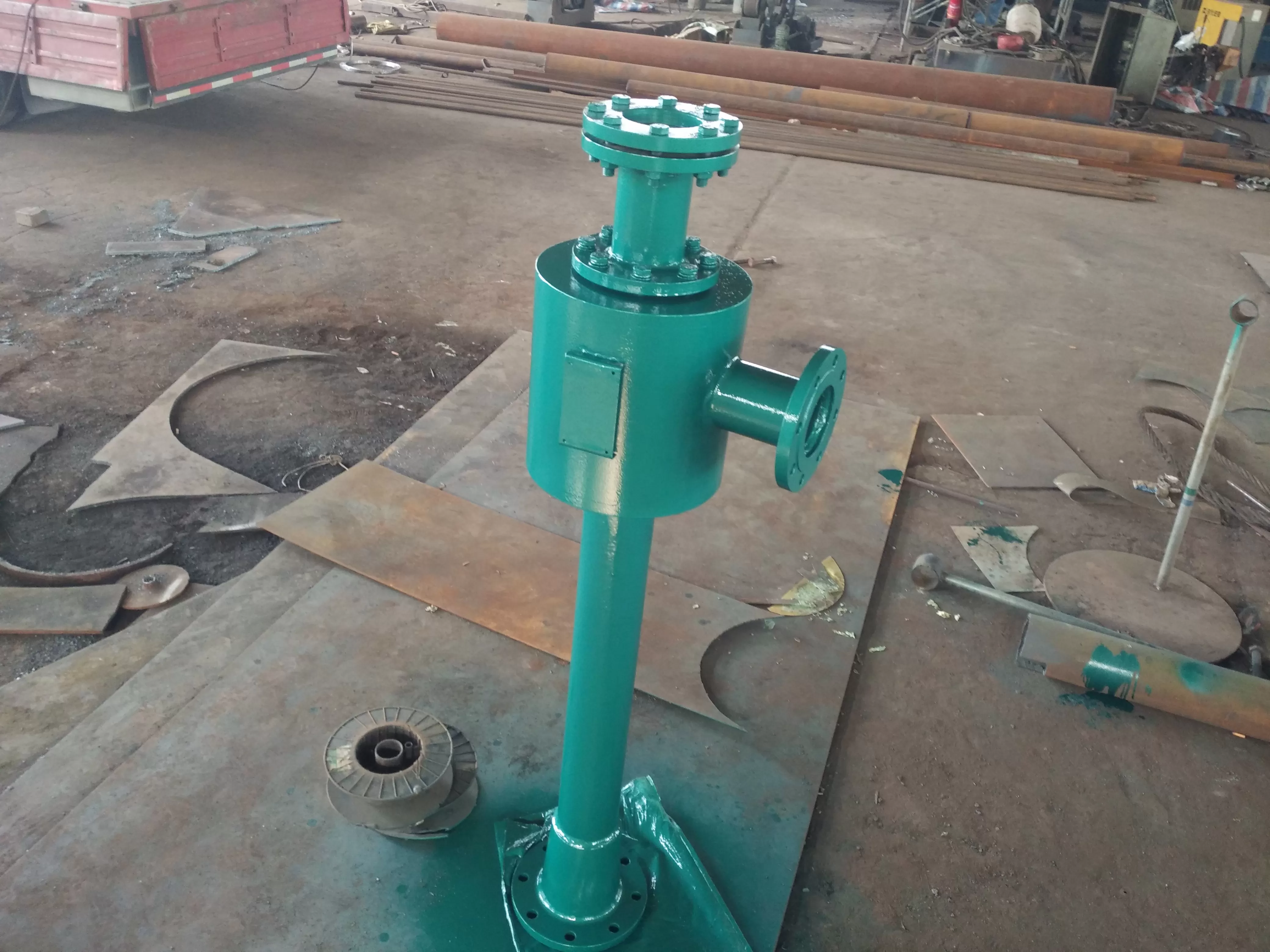
A steam injector is a device that is powered by steam and is needed in...

Calculation of cooling area of sampling cooler 1: If the sample flow r...
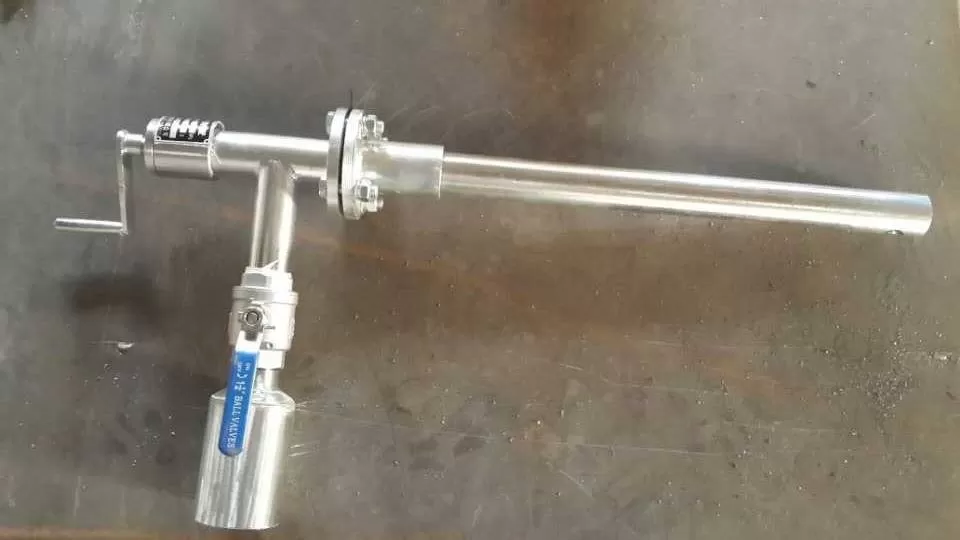
The sampling of fly ash sampler is selected on the flue between the ou...
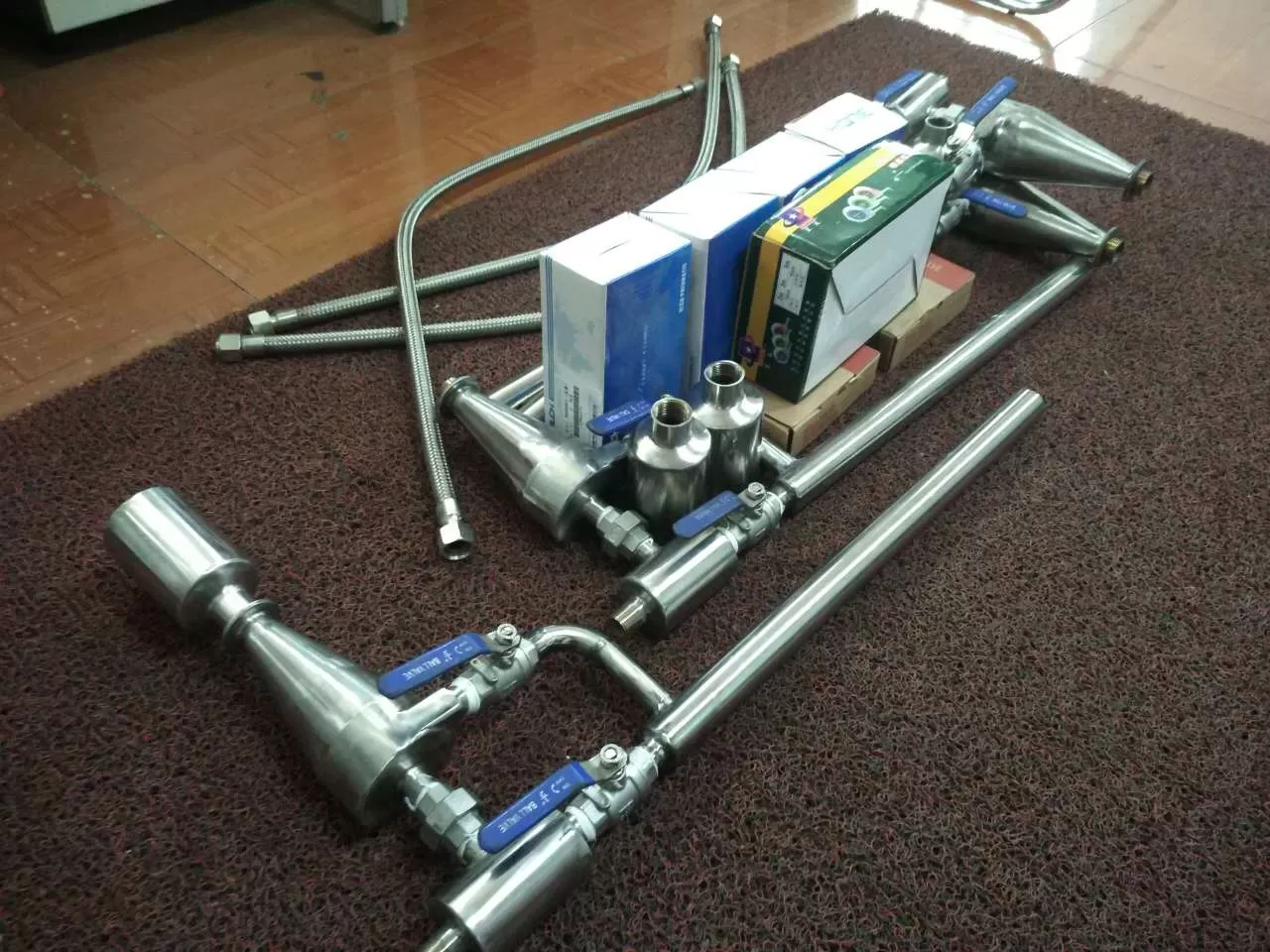
The use of carbon steel material in coal powder samplers has caused ma...
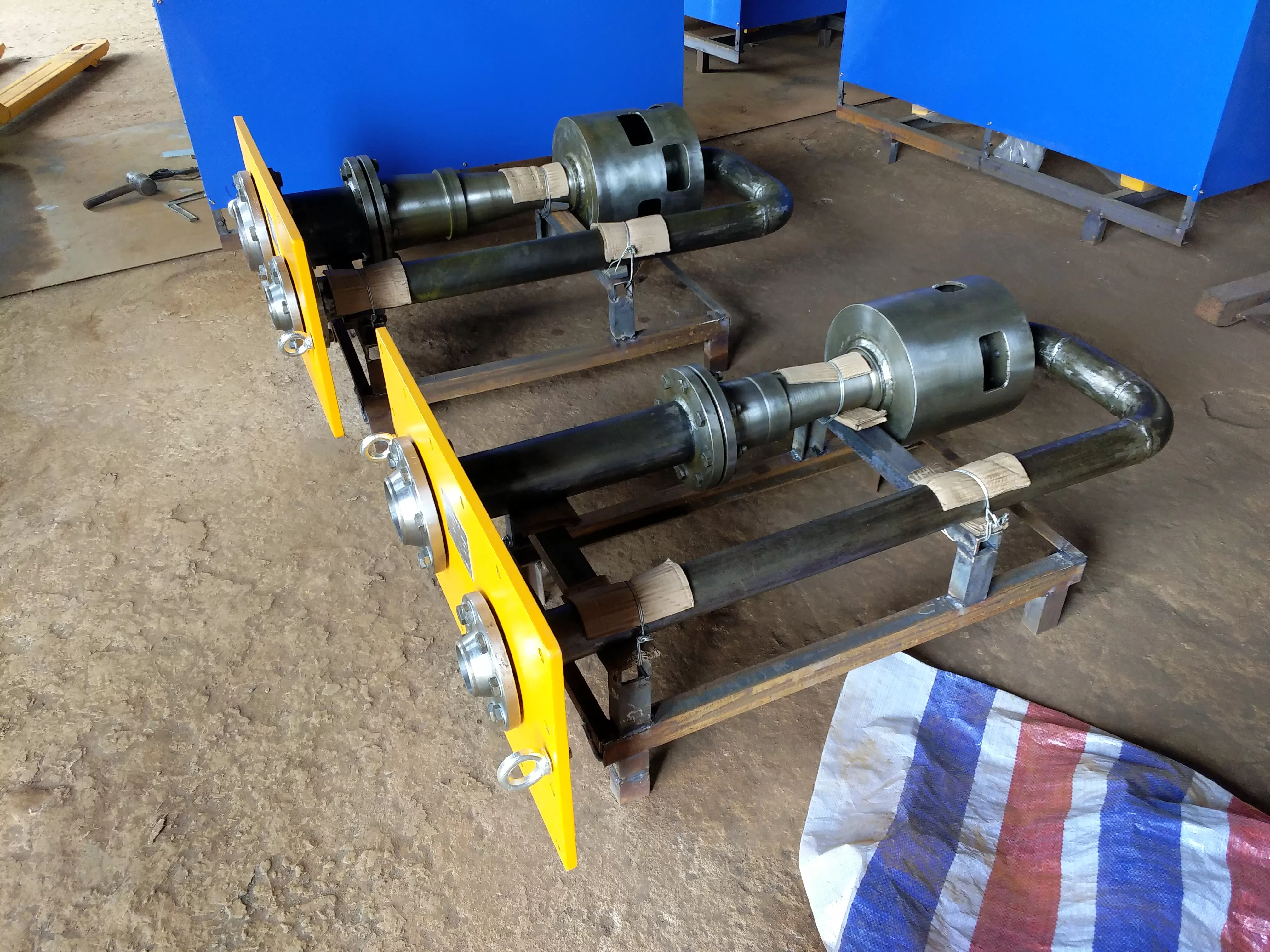
The working status of the oil injector and main oil pump, the analysis...
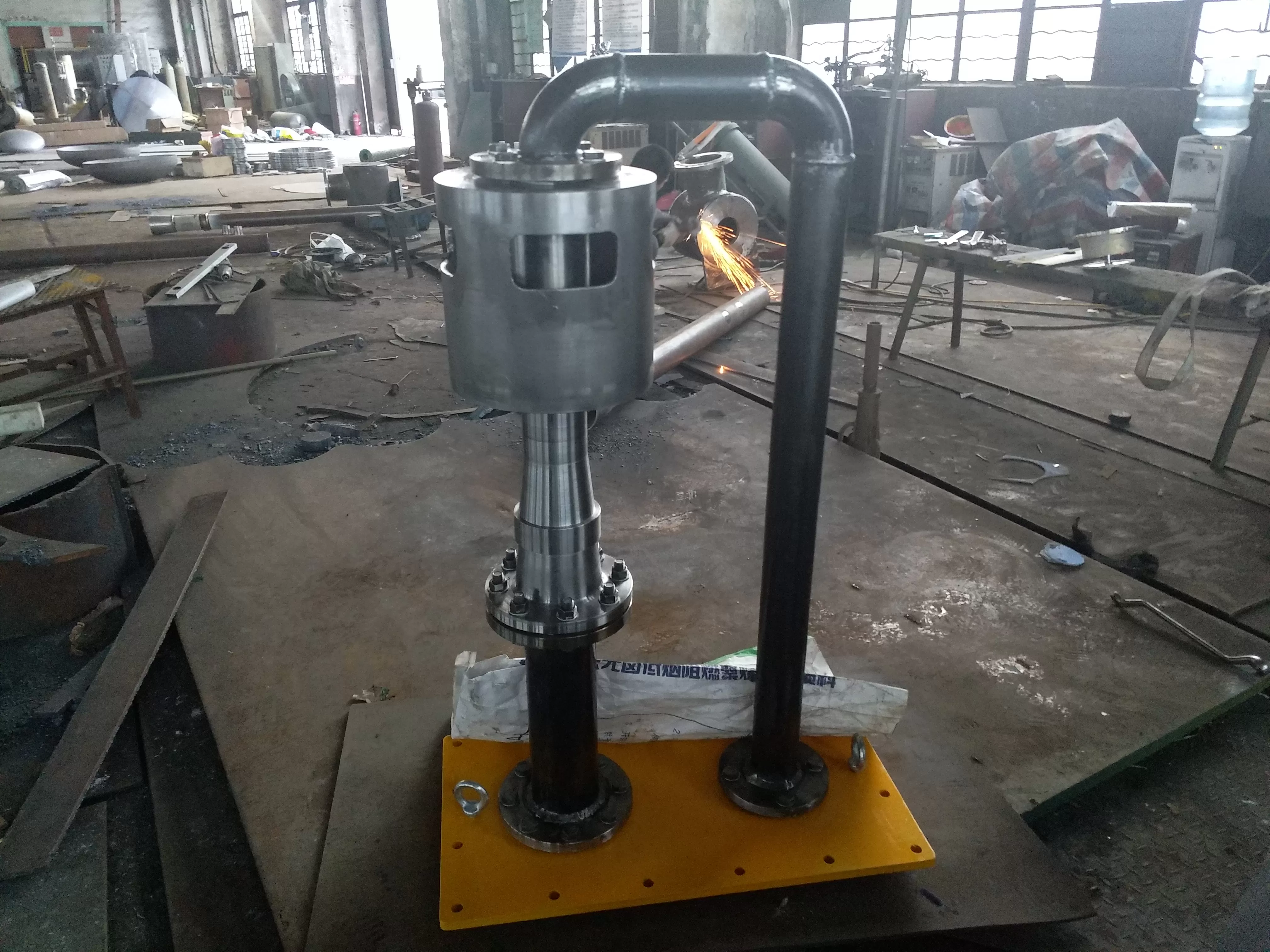
The oil supply and lubrication oil injectors are completely identical ...
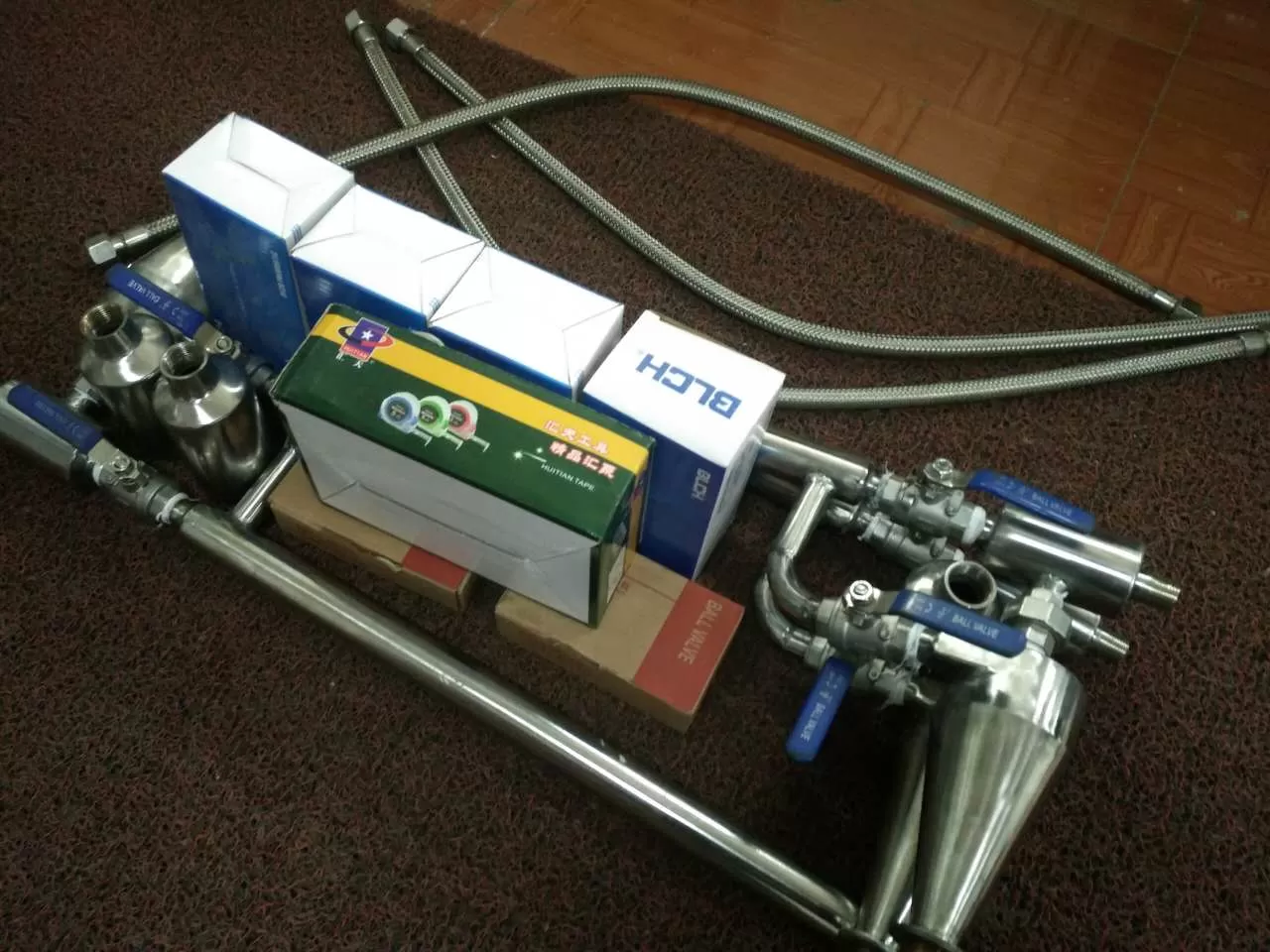
The installation and operation of the coal powder sampler and mobile c...
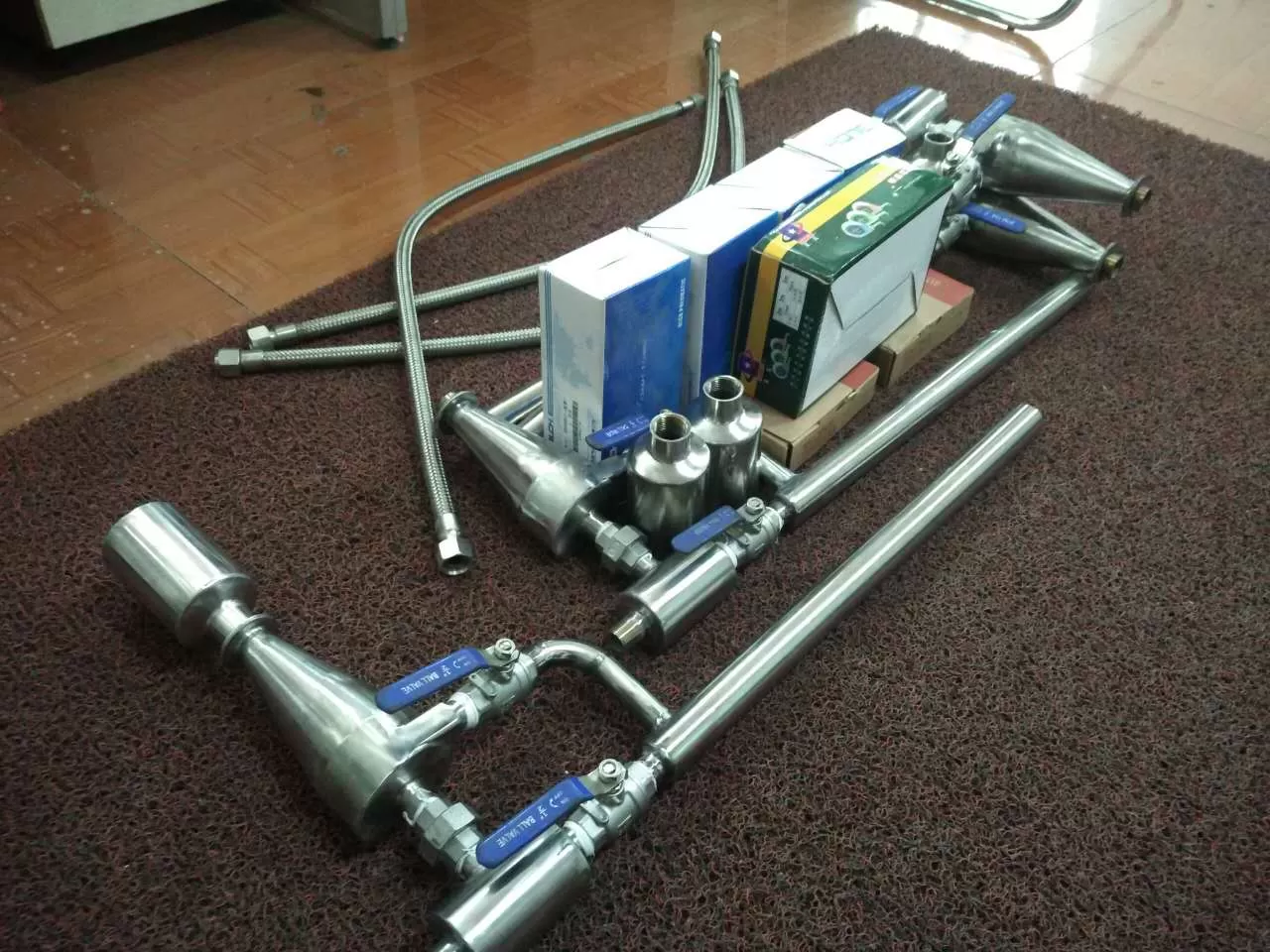
The manual mobile coal powder sampler produced and manufactured by Lia...
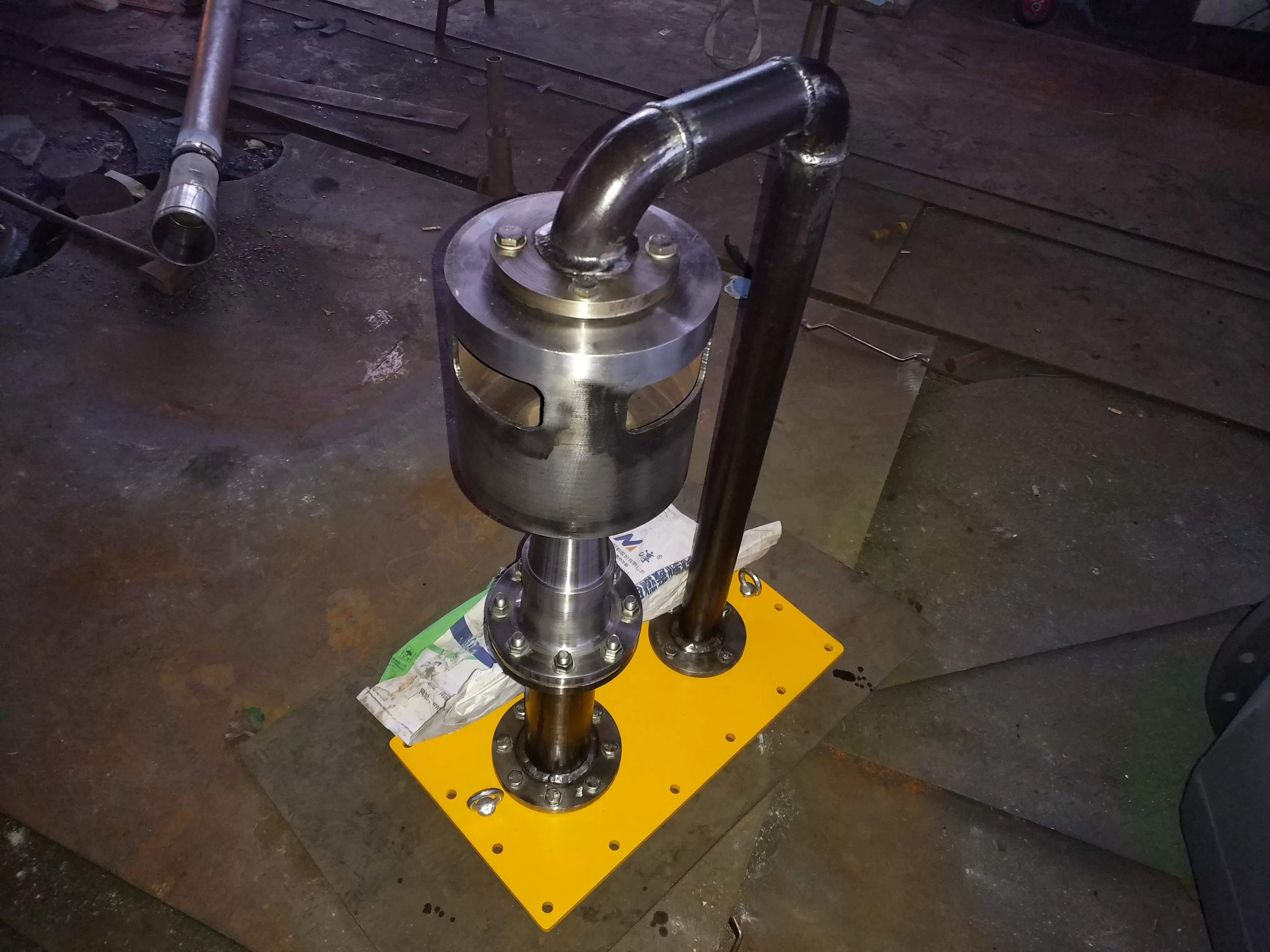
The oil injector of Lianyungang Lingdong Electromechanical Equipment C...
Titanium tube for tube replacement源头厂家Copyright © 2012-2023 Lianyungang Lingdong Electromechanical Equipment Co., Ltd all rights reserved